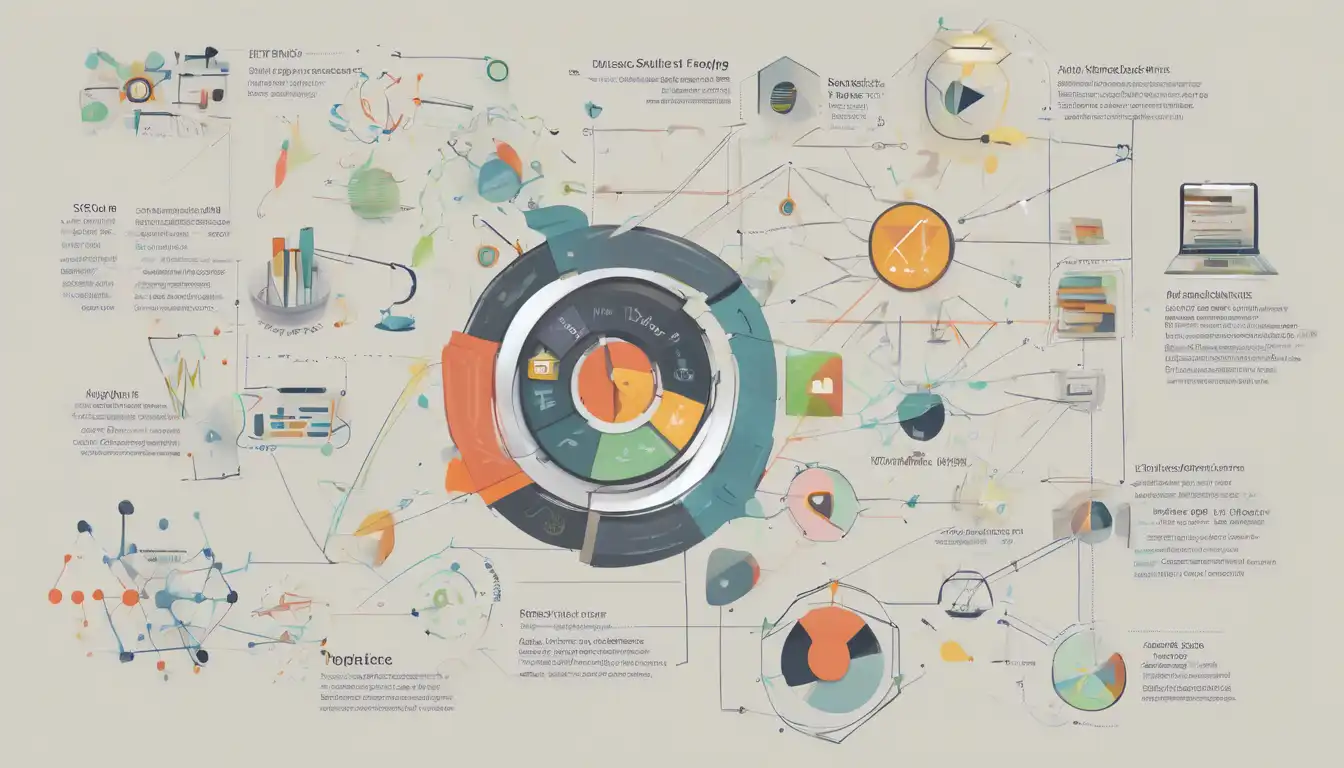Introduction to Data Science Tools
In the rapidly evolving field of data science, having the right tools at your disposal is crucial for success. Whether you're a seasoned analyst or just starting out, familiarizing yourself with the essential data science tools can significantly enhance your productivity and analytical capabilities. This article explores the must-know tools that every data analyst should have in their toolkit.
Programming Languages for Data Science
At the heart of data science are programming languages that enable analysts to manipulate data and build models. Python and R are the two most popular languages in the data science community. Python is renowned for its simplicity and versatility, making it ideal for beginners and experts alike. R, on the other hand, is specifically designed for statistical analysis and graphical models.
Data Visualization Tools
Visualizing data is key to uncovering insights and communicating findings effectively. Tableau and Power BI are leading tools that allow analysts to create interactive and visually appealing dashboards. For those who prefer coding, libraries like Matplotlib and Seaborn in Python offer extensive customization options for data visualization.
Big Data Technologies
With the explosion of big data, technologies like Hadoop and Spark have become indispensable for processing large datasets efficiently. These tools enable analysts to handle data at scale, performing complex computations across distributed systems.
Machine Learning Frameworks
Machine learning is a cornerstone of data science, and frameworks like TensorFlow and scikit-learn provide the building blocks for developing predictive models. Whether you're working on deep learning projects or traditional machine learning algorithms, these frameworks offer the tools you need to get started.
Database Management Systems
Storing and retrieving data efficiently is another critical aspect of data science. SQL remains the standard for querying relational databases, while NoSQL databases like MongoDB are preferred for handling unstructured data.
Conclusion
Equipping yourself with these essential data science tools will not only boost your analytical skills but also keep you competitive in the field. From programming languages to machine learning frameworks, each tool plays a vital role in the data science workflow. Start exploring these tools today to take your data analysis to the next level.
For more insights into data science and analytics, check out our blog for the latest trends and tips.
